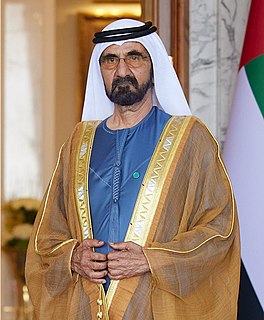A Quote by Joseph Stiglitz
What separates developing countries from developed countries is as much a gap in knowledge as a gap in resources.
Related Quotes
The difference in the quality of medical care received by people with mental illness is one of the reasons why they live shorter lives than people without mental illness. Even in the best-resourced countries in the world, this life expectancy gap is as much as 20 years. In the developing countries of the world, this gap is even larger.
A considerable proportion of the developed world's prosperity rests on paying the lowest possible prices for the poor countries' primary products and on exporting high-cost capital and finished goods to those countries. Continuation of this kind of prosperity requires continuation of the relative gap between developed and underdeveloped countries - it means keeping poor people poor. Increasingly, the impoverished masses are understanding that the prosperity of the developed countries and of the privileged minorities in their own countries is founded on their poverty.
The main issue [of the Scientific Revolution] is that the people in the industrialised countries are getting richer, and those in the non-industrialised countries are at best standing still: so the gap between the industrialised countries and the rest is widening every day. On the world scale this is the gap between the rich and the poor.



































